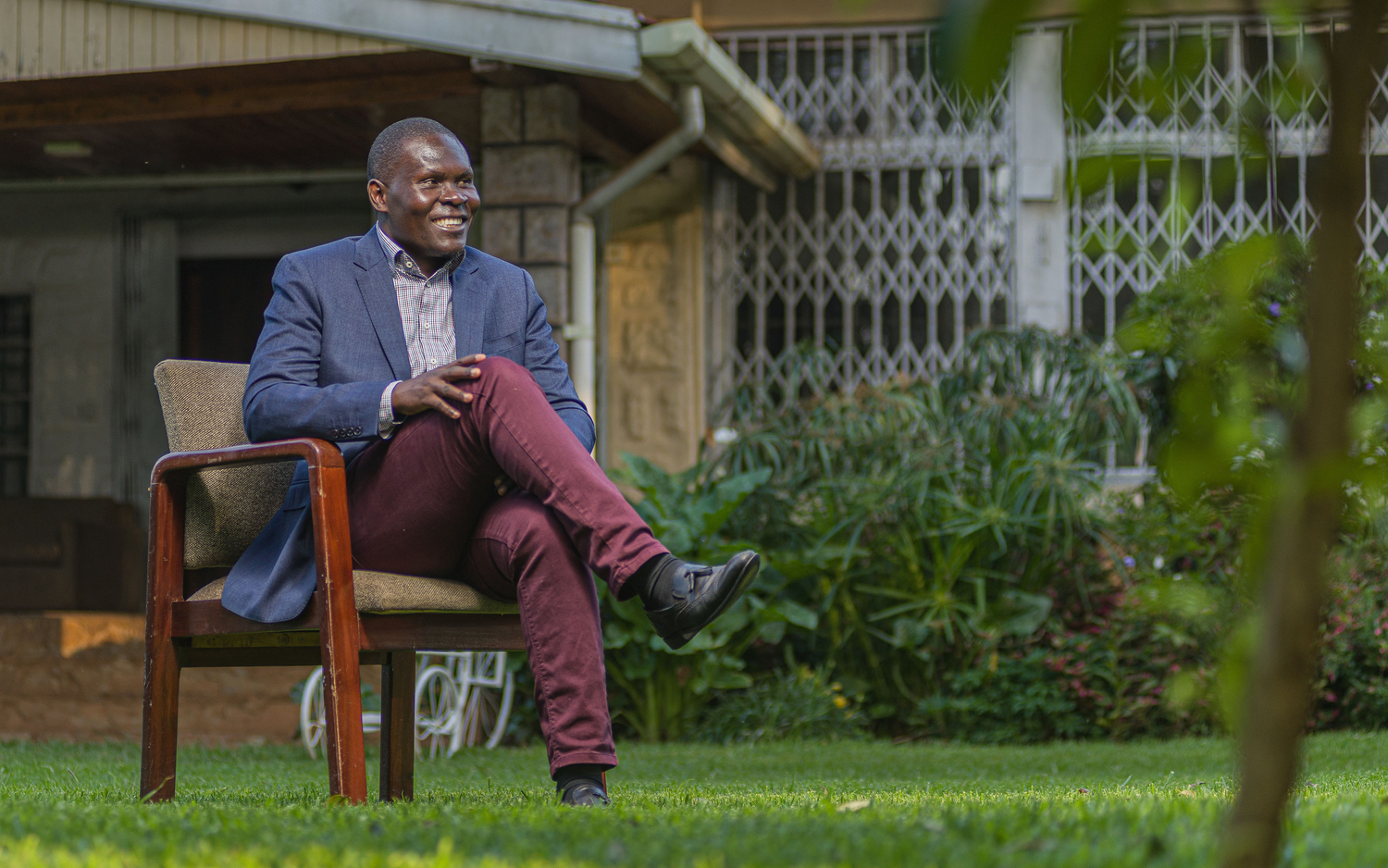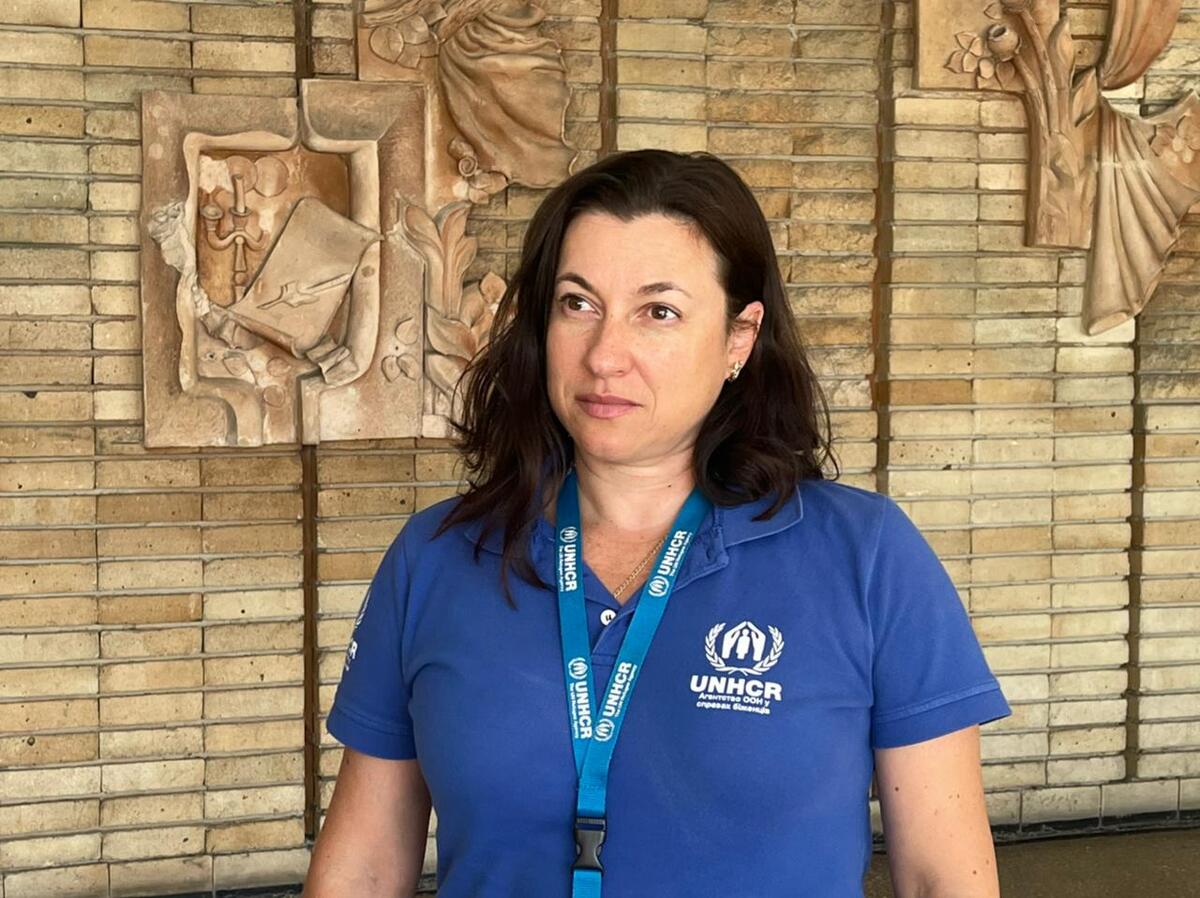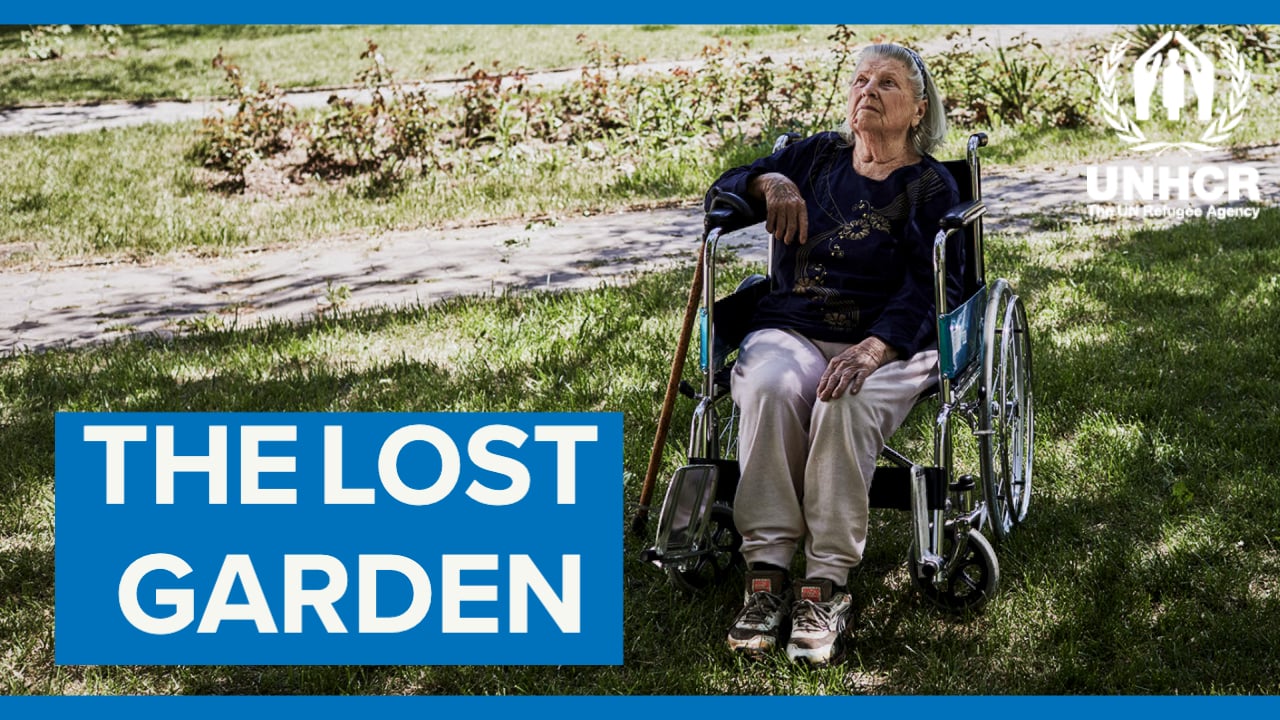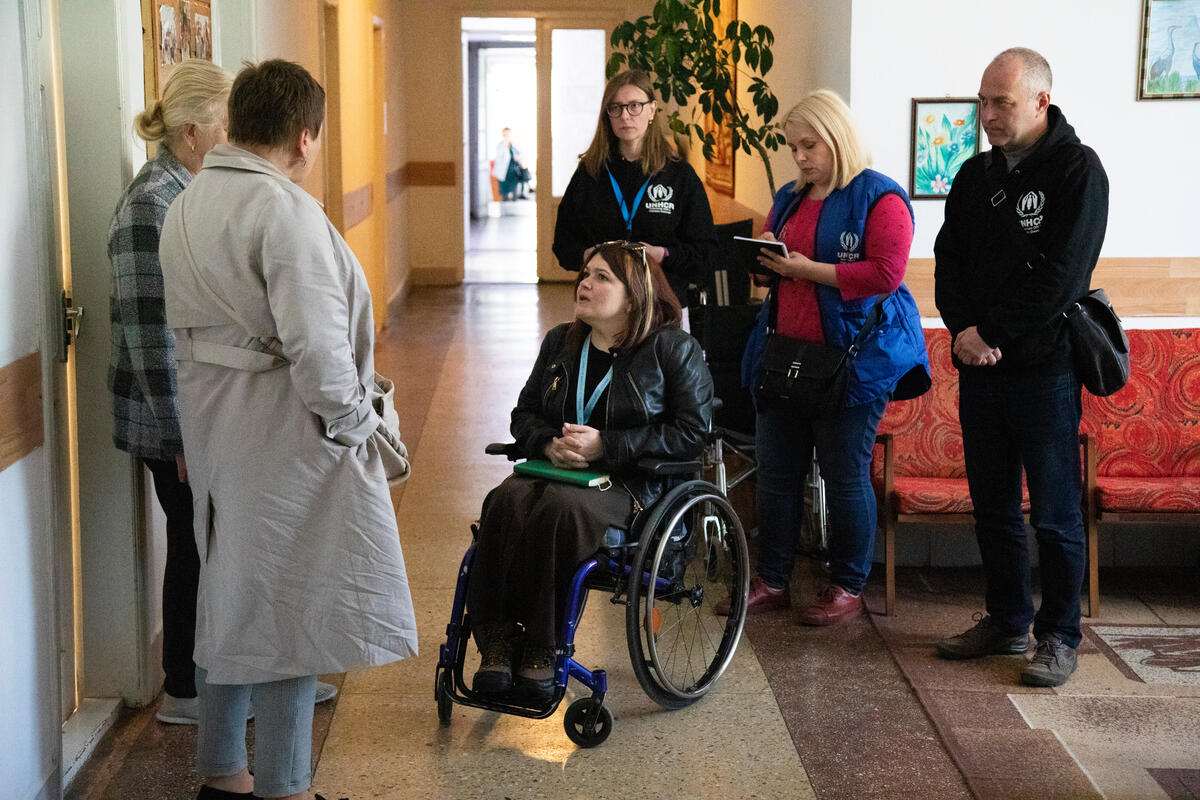UNHCR staffer uses disability to give refugees a voice
UNHCR staffer uses disability to give refugees a voice

GAZIANTEP, Turkey – Judith Chan’s experience of living with a hearing disability meant she was no stranger to adversity. Over the years, she had taught people with disabilities to swim and helped to rehabilitate drug users. But when she joined UNHCR, the UN Refugee Agency, in 2011, she faced her biggest challenge yet – to find a way of communicating with refugees who were deaf or hard of hearing, did not know sign language and had never learned to read or write.
As part of a UNHCR team working to resettle thousands of Bhutanese refugees from camps in Nepal, Assistant Field Officer Judith dedicated herself to learning Nepalese sign language over three months. The team also photographed items and collected objects from the camps to create a set of non-verbal communication tools.
“From my own experience as a person with a hearing disability, I recognized many of the frustrations and barriers that refugees encountered because I too faced these,” says Judith. “Without a means to communicate, we rediscovered just how important language is. It allows us to make sense of our world and enables us to communicate our wants, needs, desires and feelings.”
"I recognized many of the frustrations and barriers."
The pilot Alternative and Augmentative Communication (AAC) toolkit that emerged meant Judith and her colleagues were able to communicate during protection and resettlement interviews with refugees with disabilities. Since then, the toolkit has been used by partners, refugees and UNHCR field staff to enhance communication with refugees with disabilities and improve their ability to report GBV incidents and access crucial services and assistance, including psychosocial support.
To this day, helping to create it is one of Judith’s proudest moments.
“Being a humanitarian worker means constantly figuring out new ways of doing things to help people re-build their lives, by building on what we have learned today for a better tomorrow,” she says.
On 3 December, the International Day of Persons with Disabilities, UNHCR marked the achievements and contributions of more than 1 billion people with disabilities worldwide. The agency also renewed its commitment to promoting greater awareness and recognition of their diverse perspectives and capabilities, and mobilizing support for their rights.

“People with disabilities can be powerful agents of change and can help foster more open, inclusive societies in which diversity is celebrated and welcomed,” said UN High Commissioner for Refugees Filippo Grandi in a video message. “This is better for everyone.”
“At UNHCR, we are fully committed to working to remove the physical and social barriers faced by refugees, displaced people and the communities in which they live and to building an environment in which diversity is embraced in all its forms, and that enables them to fully exercise their rights, and to pursue solutions that respond to their aspirations and needs.”
For Judith, every day at work – conducting interviews in the field and participating in large meetings in poor acoustic environments – can be a challenge with a hearing disability. But her UNHCR colleagues help.
“People with disabilities can be powerful agents of change."
“I have been lucky to work with several supportive supervisors and colleagues throughout my career with UNHCR,” she says. “At times colleagues help me by relaying phone messages, using text messaging, writing and typing notes so that I can follow communication in noisy environments, ensuring that I sit near the main speakers, speaking slowly, and even advocating for others to do the same.”
Refugees with hearing disabilities often face stigma and discrimination in their communities. They can encounter multiple environmental, communication and social barriers when accessing services and assistance, and face a greater risk of protection concerns including violence and exploitation.
“In particular, women and girls with disabilities may face a disproportionate risk of GBV,” Judith points out. “Due to their specific needs, they may also face social exclusion from their peers and experience isolation in their homes.”
Judith knows that her work with UNHCR makes a huge difference to their lives.
“I joined UNHCR because becoming a humanitarian worker comes with the added dimensions of working in complex and challenging environments requiring us to be innovative,” she says. “It’s a really good feeling to achieve things that first seemed impossible!"








